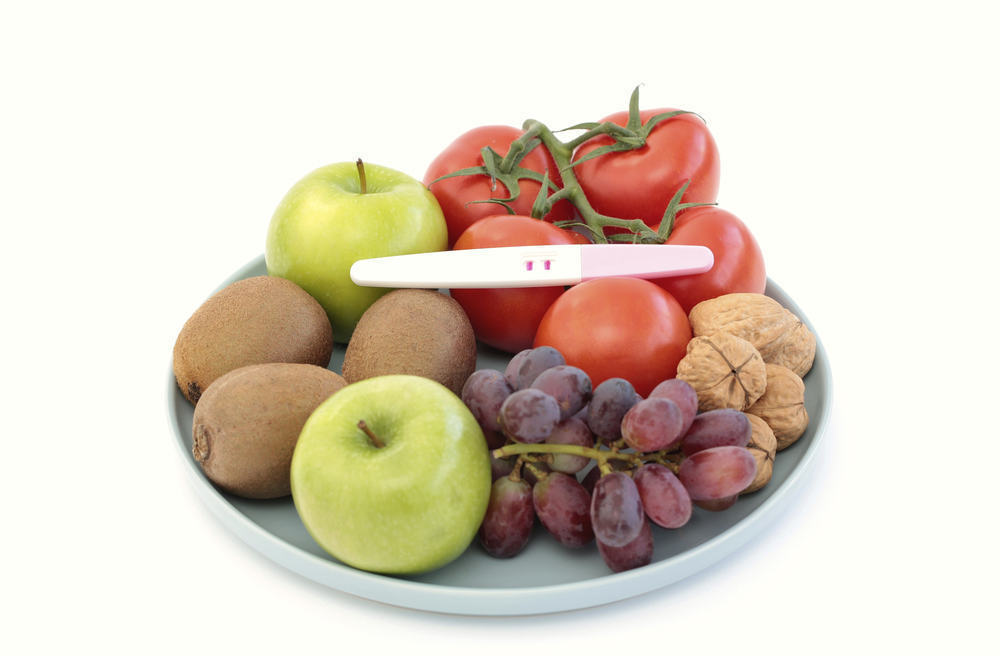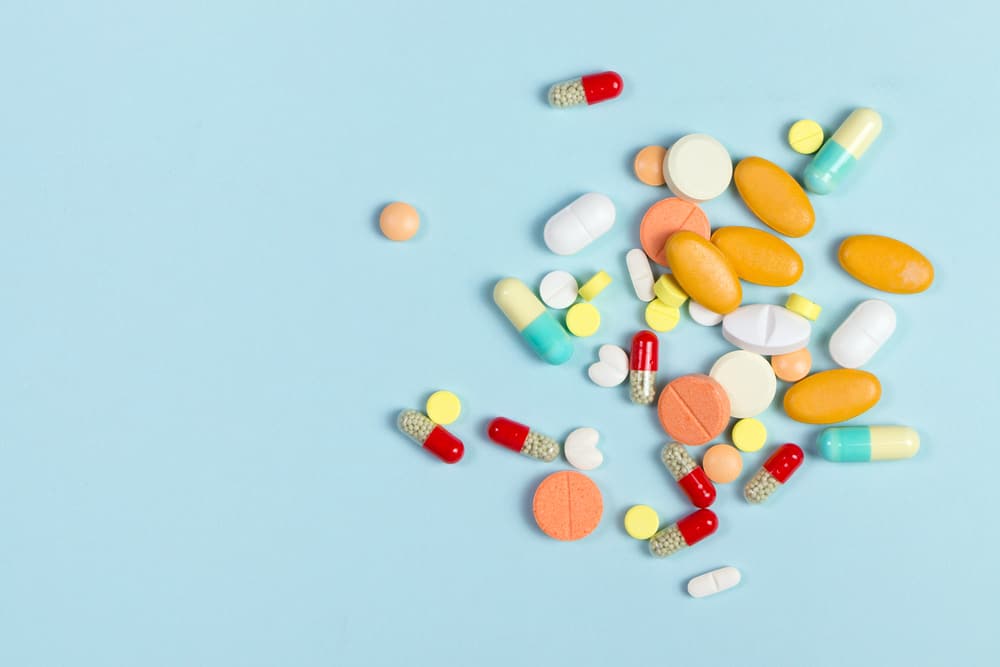Contents:
- Medical Video: Top 5 Group Foods You Should Be Eating Before You Get Pregnant!
- Nutrients needed before pregnancy
- 1. Folic acid
- 2. Iron
- 3. Calcium
- 4. Iodine
- 5. Omega-3 fatty acids
Medical Video: Top 5 Group Foods You Should Be Eating Before You Get Pregnant!
Not only during pregnancy, you also have to prepare your body to raise a baby from before pregnancy. Some nutrients need to be fulfilled before pregnancy or during pregnancy. It aims to maintain the health of the mother and fetus while pregnant. In the early days of pregnancy, the fetus needs essential nutrients for its early growth. For example, folic acid is needed to help the initial formation of the brain and spinal cord.
Nutrients needed before pregnancy
The initial period of pregnancy is a period where there is a lot of growth in the fetus. To support this growth, of course, sufficient nutrients are needed. Improving your diet during pregnancy may not be able to meet the nutritional needs of the fetus. Therefore, it is important for the mother to prepare certain nutrients in her body before becoming pregnant or when planning a pregnancy.
Some of the nutrients that must be consumed by the mother before becoming pregnant include:
1. Folic acid
Folic acid is very important during the first 28 days of pregnancy or after conception. However, many women are not aware that they are pregnant before entering the 28th day. For that, preparing folic acid before pregnancy is very necessary, especially for those of you who are planning a pregnancy, so that folic acid in the body is ready to be used according to the needs of the fetus in early pregnancy .
Women of childbearing age both before pregnancy and after pregnancy need to consume folic acid as much as 400 micrograms (mcg) per day. Folic acid plays a role in the development of nerve tubes forming the brain and spinal cord. The need for folic acid that is not met at this time can increase the risk of the baby being exposed to birth defects, such as neural tube defect.
The most common form neural tube defect is spina bifida. Spina bifida is caused because the formation of the spine is not perfect so that there is a gap in the baby's spine. Spina bifida can cause various levels of paralysis, incontinence, and, sometimes it can be mentally disabled.
To prevent this from happening, you need to consume 400 mcg of folic acid per day before and during the first 12 weeks of pregnancy. Food sources that contain folic acid are green leafy vegetables, such as spinach and broccoli, beans, kidney beans, oranges, fruit berries, avocados, and fortified cereals.
2. Iron
Nutrients that must also be prepared before pregnancy are iron. During pregnancy, iron is needed to support fetal growth and development, placental growth, expand the volume of maternal red blood cells, and as a reserve of iron in the blood that will be lost during childbirth. Iron deficiency during pregnancy can cause pregnant women to experience anemia. Anemia during pregnancy can increase the risk of babies born with low body weight and can also risk babies having anemia during the first few months of life.
Many women have low levels of iron in the blood before pregnancy because blood is always lost during menstruation and is exacerbated by low iron intake. Therefore, you who are planning a pregnancy should improve iron levels in your body to prevent anemia during pregnancy.
Having enough iron reserves before pregnancy helps the mother's body prepare for the iron needs needed by the fetus during pregnancy. Foods that are a source of iron include red meat, chicken, fish, eggs, beans, wheat, and green leafy vegetables, such as spinach, broccoli, kale, green radish, mustard greens, and so on.
To help the body absorb iron from food, you should eat foods that contain vitamin C and iron at the same time. Avoid drinking caffeinated drinks when you eat foods that contain iron. Caffeinated drinks, such as tea and coffee, can interfere with the absorption of iron by the body so that iron is absorbed by the body in smaller amounts.
3. Calcium
Calcium is needed by the body for bone formation. Calcium intake of pregnant women that is not enough to make the baby absorb calcium from the mother's bones, causing mothers at risk of osteoporosis. Therefore, you should have enough calcium in the body before becoming pregnant.
Recommended calcium intake for women is 1000 milligrams per day, equivalent to 3 cups of milk or other dairy products. Calcium can be found in milk, yogurt, cheese, salmon, sardines, and rice.
4. Iodine
Iodine is needed during pregnancy to help the development of the baby's brain and nervous system. Iodine deficiency during pregnancy raises many risks for the baby, such as brain damage and mental disability. Iodine deficiency can also increase the risk of miscarriage, premature birth, and birth death.
Adequate iodine intake before and during pregnancy can prevent these unwanted things. Before becoming pregnant, women are recommended to consume iodine intake of 150 mcg per day. Food sources containing iodine are dairy products, eggs, seafood (especially those from sea or salt water).
5. Omega-3 fatty acids
Women need lots of omega-3 fatty acids during pregnancy. Omega-3 fatty acids are transferred from mother to fetus through the placenta to support fetal growth and development. Omega-3 fatty acids are needed for the development of the central nervous system, brain and retina in the fetus. Adequate omega-3 fatty acid intake during pregnancy is related to the development of the baby after birth.
The best source of omega-3 fatty acids is fish and fish oil. However, avoid fish with high mercury content, such as sharks, swordfish, and marlin fish. The high mercury content in fish can harm the nervous system in the fetus.
READ ALSO
- Tips for Calculating Fertility and Planning for Pregnancy
- Why Folic Acid Is Important For Pregnancy
- How Long Can You Get Pregnant After Release KB?












